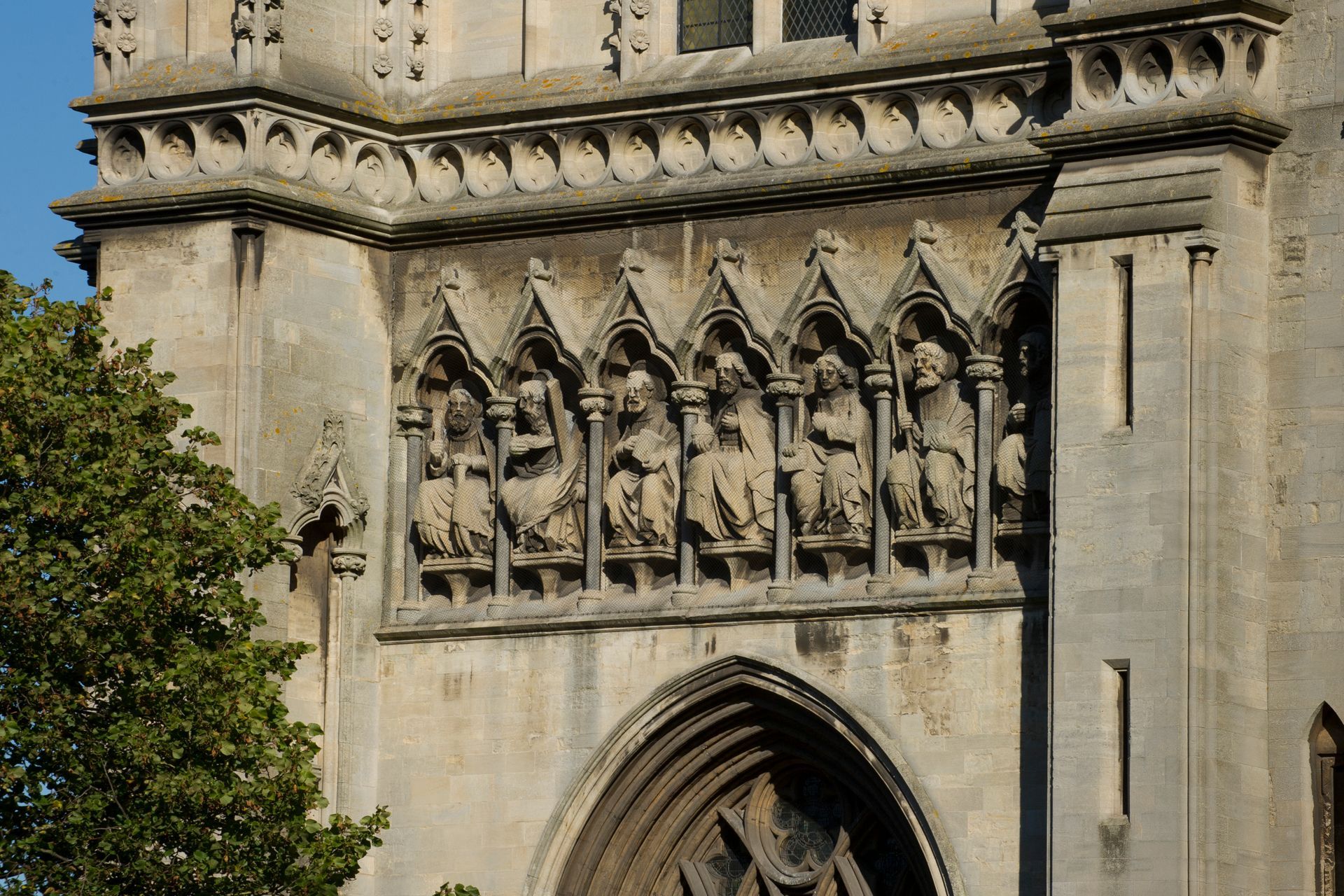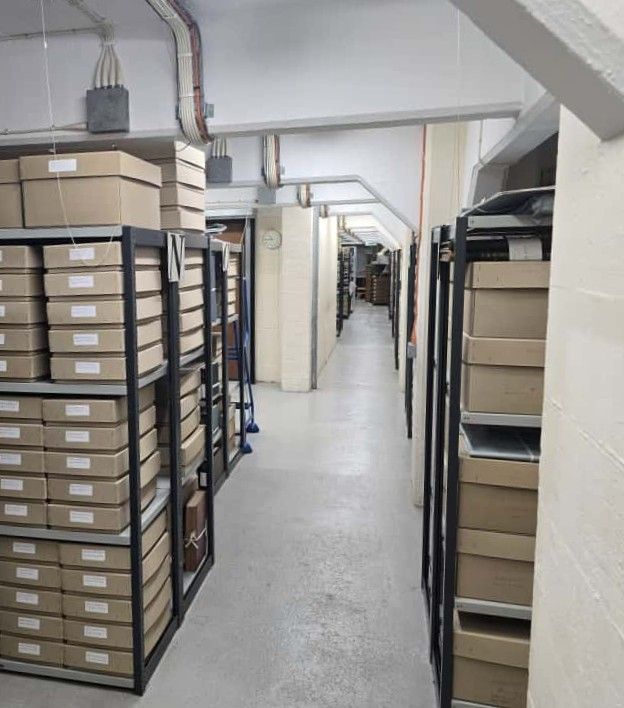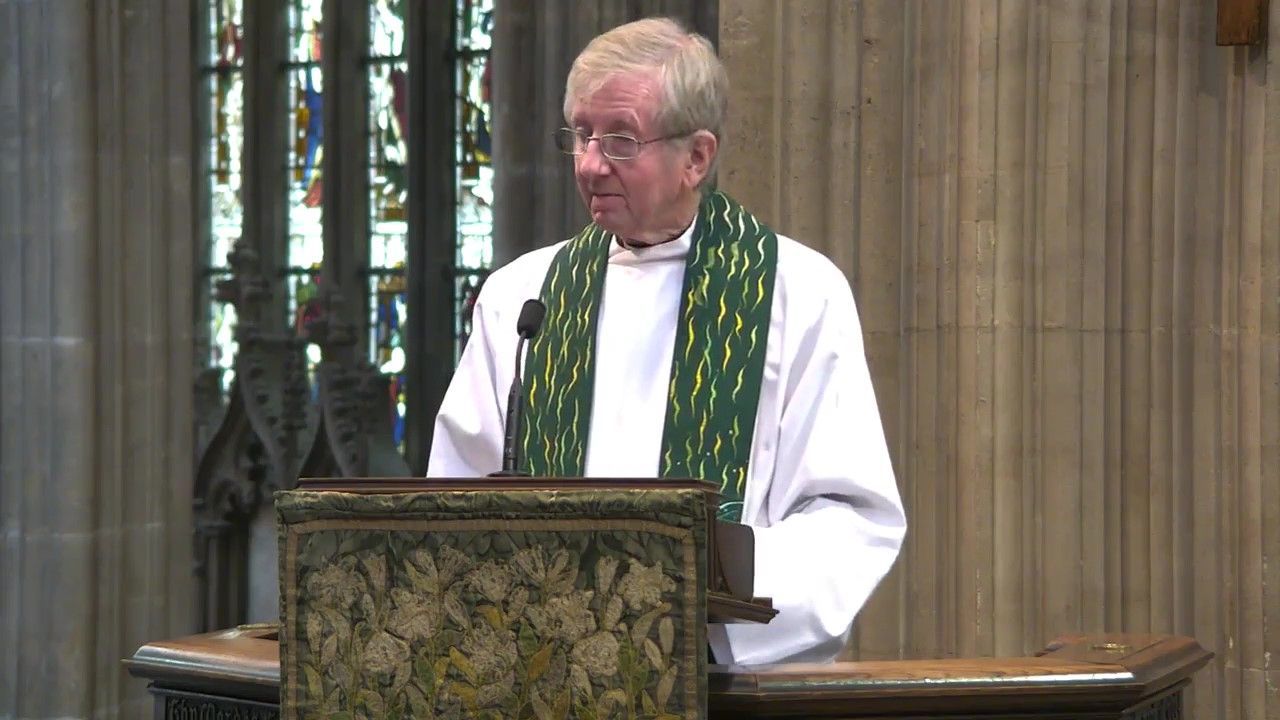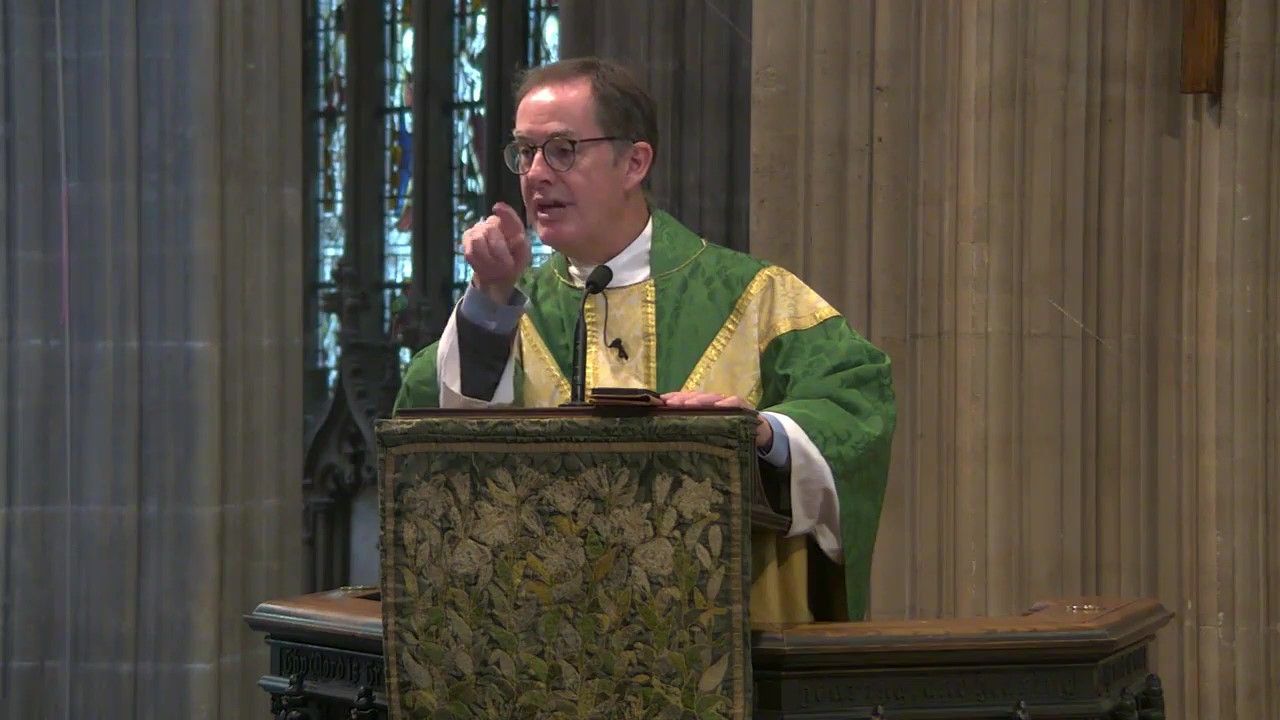Rage and Bodies
How do you respond to anger? Either within yourself or when you see it displayed? I'll go first. I really don't like it. It makes me anxious, I feel a knot in my chest and stomach, like my body readying itself for something bad. My knee-jerk response is to try and smooth the situation or make it calmer. I associate being angry with responding badly to a situation. Okay, I'll be really honest, I actually judge others quite harshly when they get angry- thinking, gosh they really let themselves get worked up by that. It's not a natural emotion for me, I have been taught and it's entrenched within me now to 'not be angry' by upbringing and society.
Some, however, will be more comfortable with this emotion. It's more natural to them, instead of tears or sadness they will feel anger. I have friends and family members who are open about this, they often comment on the fact their anger emotion is often shunned by people and society, it's frowned upon. And yet, these close friends and family and taught an anger-avoider like me something vital. It's okay to be angry.
This week's gospel reading is about Jesus being angry. He's so angry he gets a whip and starts chasing people out of the temple and he throws tables around. You can't sugarcoat this, Jesus is angry. And not just a bit flushed, feeling defensive angry, he's full-on throwing his body around, exerting physical strength angry. And in case you're wondering, yes this does make me feel a tad uncomfortable!
Jesus, the Saviour, Messiah, 'no crying he made' King, meek and mild is errr trashing a sacred and holy building. Over the years I have had to come to terms with the fact that my King and Saviour totally lost it and got angry and so maybe, it's okay for me to do so as well.
There are moments when it's right to get angry. Jesus demonstrates this perfectly. He is in a temple when through his anger he exposes this exploitative and unjust system. People sold doves and animals for people to sacrifice, in other words, exploiting people and made them pay to enter the temple by reminding them of their sins. This system would have stopped the poor from coming in, it would have put money into dis-honest people's pockets and most importantly, through extortionate taxes and tithes, it would block people approaching the Divine and putting themselves into more debt. Hmm... this is even making me angry! Jesus isn't upturning the temple because of some negativity towards Jewish Worship as some have commented, Jesus is up-turning the temple because it has become a place of exploitation, corruption and injustice.
In John's account of this narrative, which we will hear on Sunday, Jesus reveals something more, something deeper about the temple. Jesus says ‘Destroy this temple, and in three days I will raise it up.’ and John then tells us that 'He was speaking of the temple of his body.' Jesus isn't referring to destroying the physical temple they are standing in, but his body.
In this moment Jesus reveals something profound- our bodies are a temple, a holy place within which God chooses to reside and dwell. I don't know whether, sadly, you can talk about bodies without it triggering varying thoughts and feelings. Many of us will struggle with the bodies we are in, wanting to shrink them, and make them smaller to not take up too much space. Others will be ambivalent or don't want to give it much thought. Others would happily change their body for a younger one or feel like their body is betraying them. In religious circles we might have been made to feel shameful about our bodies. And then of course there's the daily bombardment with how the media and world want our bodies to be- more muscly, thinner, curvier, able-bodied, sexy... I could go on.
But our bodies, yours and even mine are holy places of God. How often do we see our bodies as vehicles of grace, hospitality, generosity and worship?
Bodies and anger- it's all linked. It's about feeling, we feel anger in our bodies, this body that God calls home. Jesus allowed this righteous anger to burn in him to expose an unjust system. When we are angry, it impacts us physically, our cheeks go red, and we feel frustration deep in our souls. Similar to when we are joyful, sad, grieving.
I suppose I am struck by the fact that God chooses to dwell in our bodies and so maybe my emotions, even the ones which I try and stop and push down, are holy and sacred.
As we continue in our Lent journey, my prayer is that as we are stripping away all that gets in the way of our relationship with God, all distraction and noise, we will more clearly recognise and un-ashamedly feel our emotions, recognising that our bodies are temples in which God chooses to dwell.
A book that I'd recommend on this topic if you're interested is: This Here Flesh by Cole Arthur Riley






